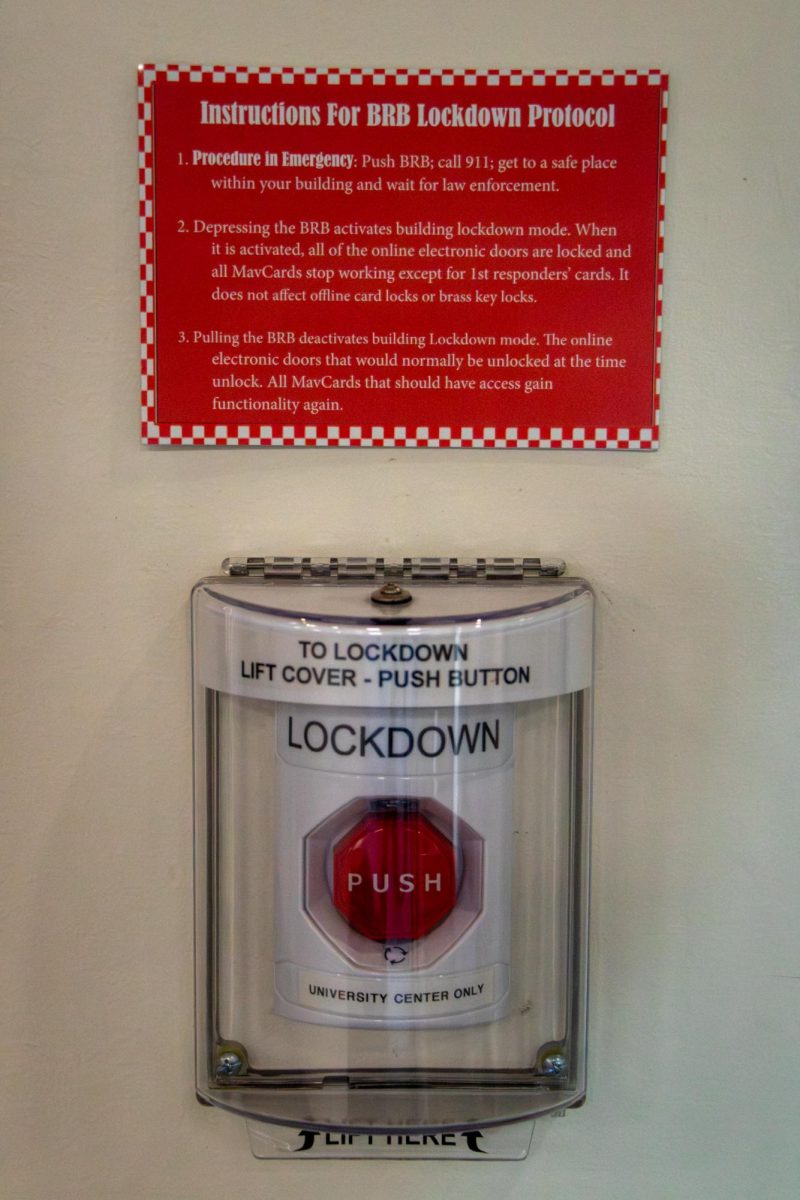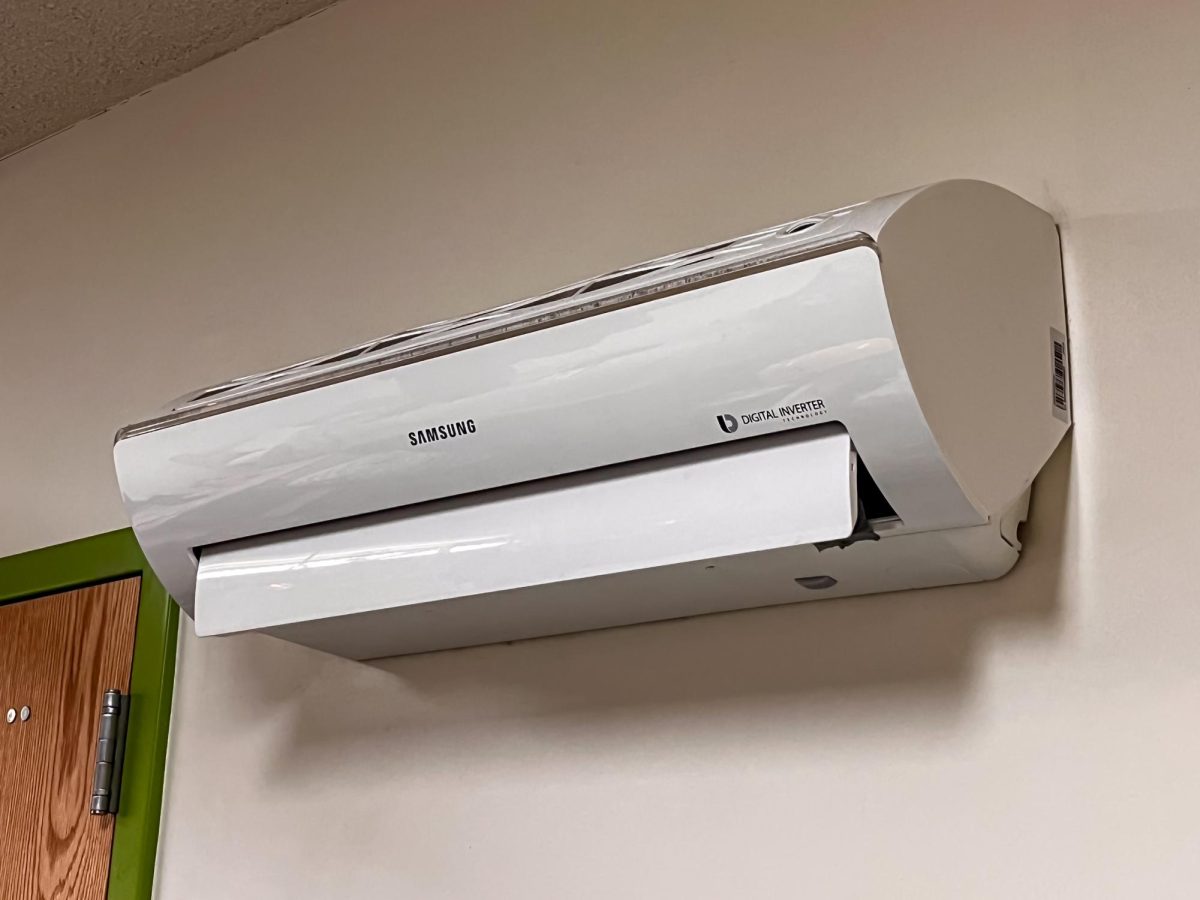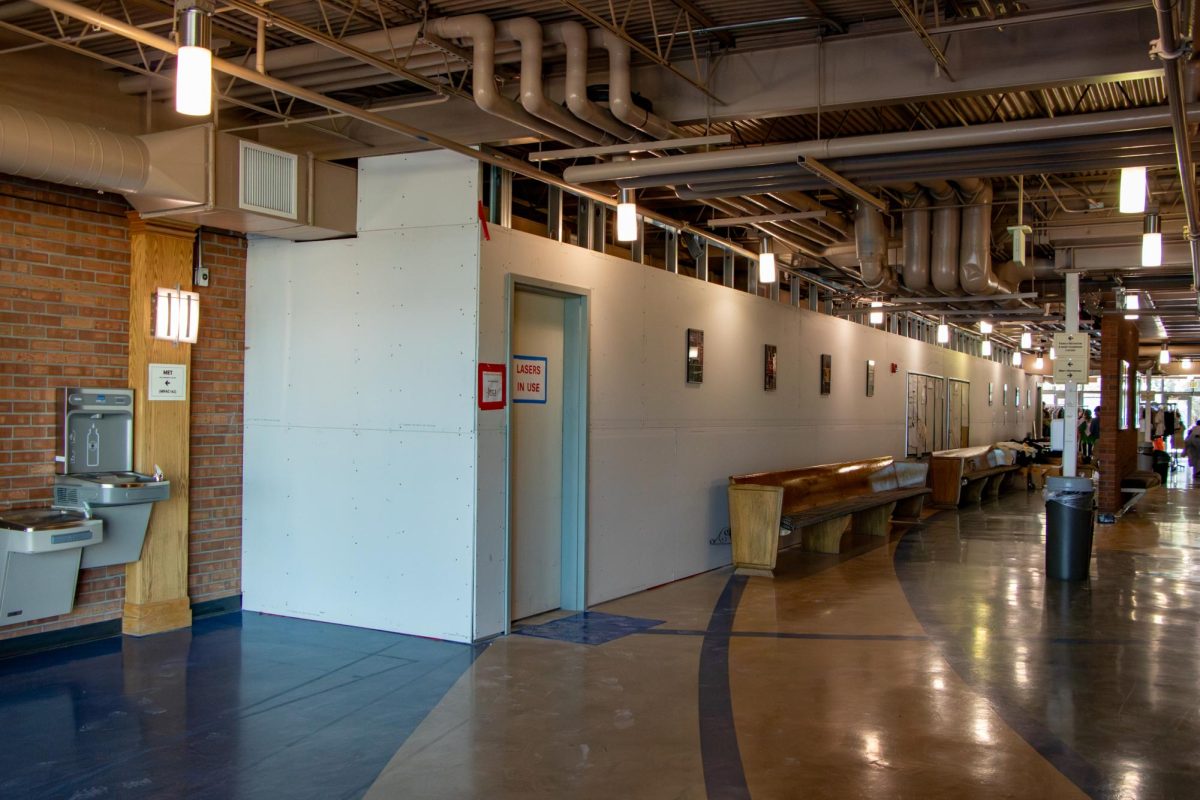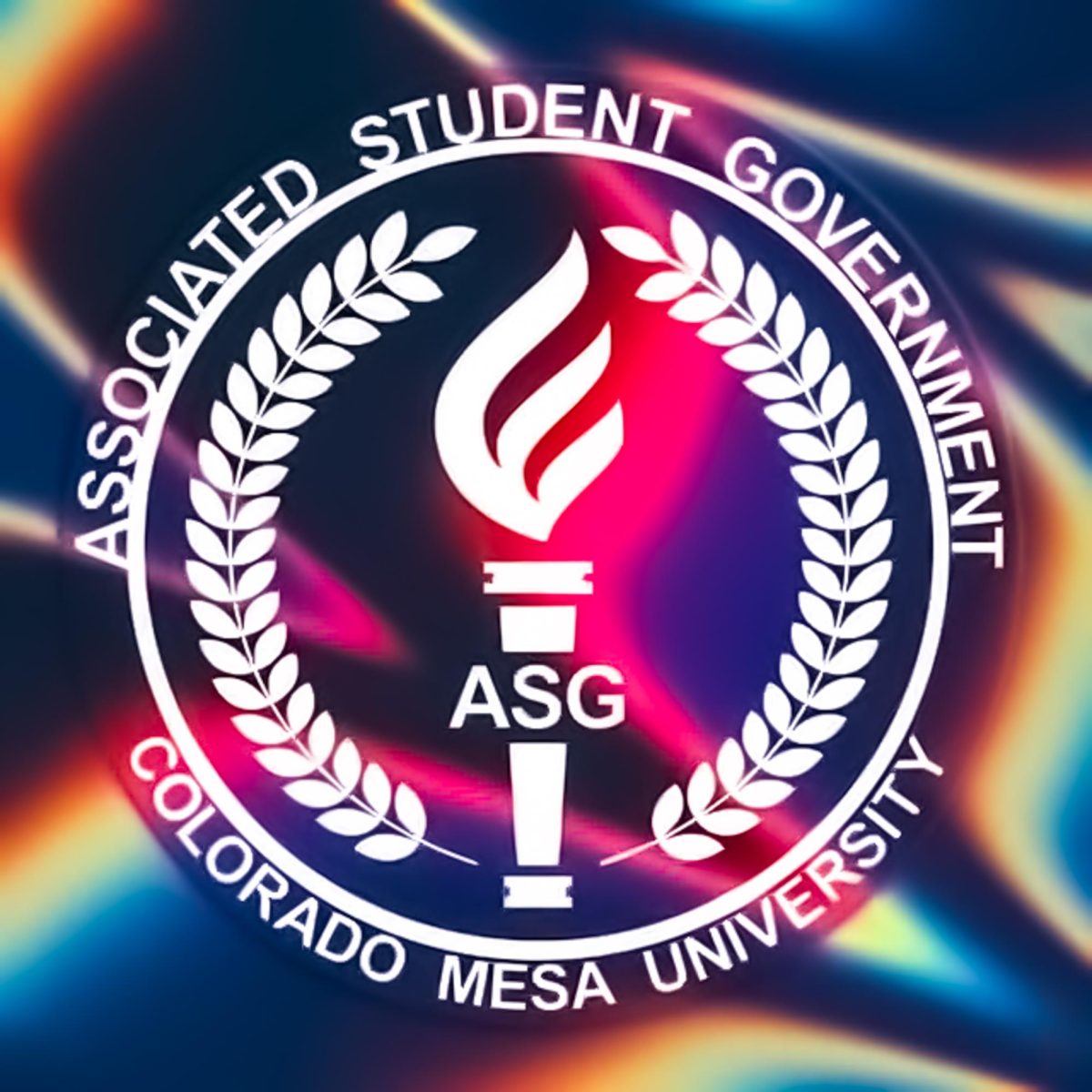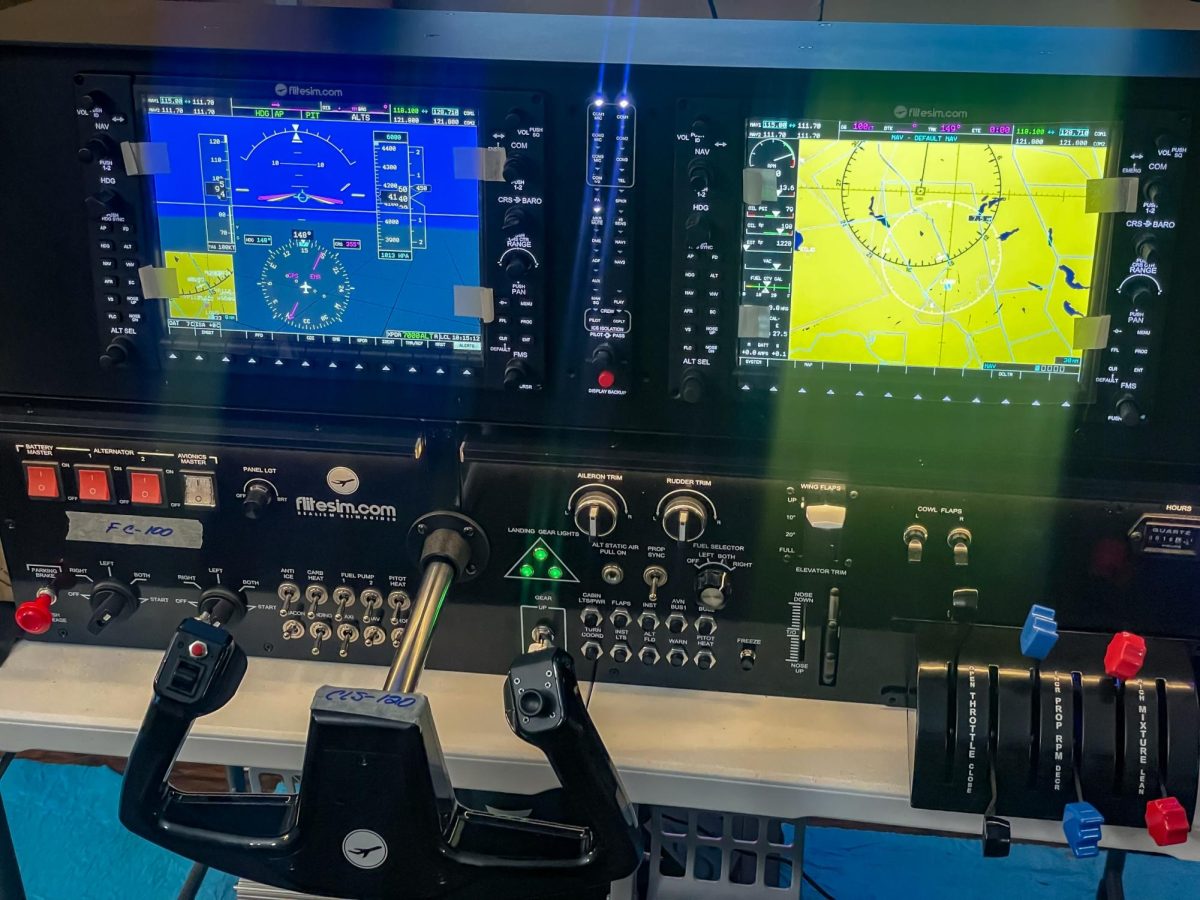
by Julia Sundstrom
The St. Nicholas Orthodox Church hosted their annual Greek festival this past weekend on Saturday, Oct. 1. The event included church tours, music, live folk dancing, auctions and traditional Greek food and beverages. The event is a community favorite to experience a culture with which one does not commonly interact.
The presiding priest, Father Luke Uhl, has served this parish for almost 21 years. Throughout the event, Uhl welcomed the community with smiles and handshakes.
“I enjoy the people that come to visit us,” Uhl said. “I enjoy people, meeting them, sharing with them and talking with them. Just being together. It’s just good to bring people together, and that’s the Greek aspect of filoxenía [hospitality], paideia [having fellowship with each other] and just enjoying one another’s company.”
Various people living and visiting Grand Junction from families and young adults gathered around the location partook some of the only Greek food in town. The location was packed with people rotating throughout the day.
“We would like them to know that we are absolutely part of this community that we embrace them and welcome them,” Uhl said. “We invite them to come and be part of us, part of not just a Greek community, but also a Christian orthodox community. Just enjoy our family for the day and if not longer.”
The festival had six booths set up outside for various traditional Greek food and drinks. The main dish had a gyro or sliced lamb option, which could come with a side for an extra payment. The sides offered were lemon pilaf rice, Greek salad, “spanakopita,” a savory pastry and “dolmades” which is stuffed grape leaves.
Three of the other selections offered were pastries, “loukoumathes,” which are Greek donuts and “Kafenio,” which is Greek coffee. The event sold soda and water, but also brought more traditional alcoholic beverages like Ouzo, Greek white wine and beer.
A crowd favorite was the “saganaki,” which is flaming cheese. It was a specific type of goat cheese prepared with flour, lemon and liquor.
All of the traditional Greek food was homemade by attendees of the church. Almost the entire St. Nicholas Orthodox Church congregation served throughout the day to help make the event happen and run smoothly.
Another aspect of the festival, outside of the food, was the traditional folk dancing and the stories behind the Greek history. It was a way to demonstrate the painful and victorious moments throughout the Greek span of history. Every year the festival brings out Greek dancers from the Front Range.
“It’s a representation of what my grandparents went through coming from Greece and immigrating to the United States,” dancer Vassia Anadiotis said. “I am proud to dance for them and for the Greeks in general because of what they went through.”



